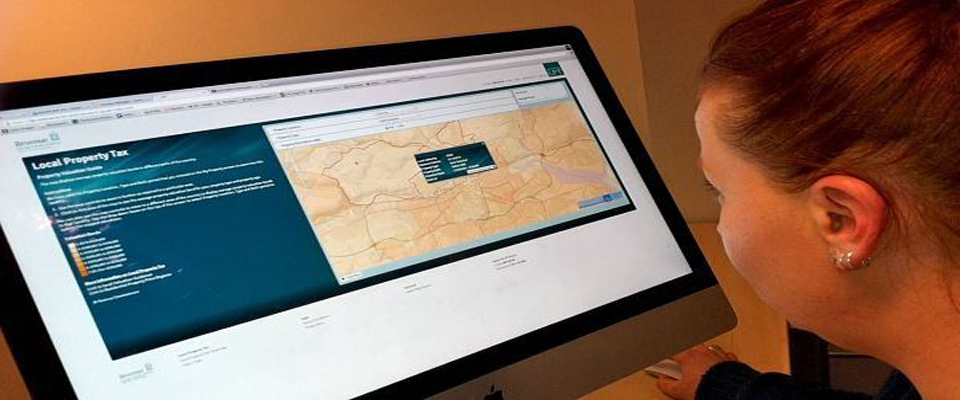The pay and file season for Local Property Tax 2016 will start soon.
The key date upon which an individual’s liability for property tax is determined has already passed, being November 1.
If you owned a residential property at that date, and do not qualify for one of the exemptions available, then you will have already become liable for the charge.
Where a person wishes to take a phased payment option such as direct debit; deduction at source from your salary or pension; or regular cash payments through a payment service provider (An Post, Payzone, Paypoint etc), you need to tell the Revenue Commissioners by this Wednesday (November 25).
If you are paying in full with a single payment by debit/credit card or cheque, payment must be made by January 7, 2016, at the latest.
If you are paying by single direct debit, Revenue must also be informed by January 7, 2016; in that case Revenue will allow the maximum delay, taking payment on March 21 , 2016.
For those persons who have previously opted to pay LPT by direct debit or deduction from pay/pension or social welfare payment, Revenue will not be writing to these property owners, nor is there a requirement for these property owners to contact Revenue, because their existing payment method will automatically roll over for 2016.
Among the more common exemptions from LPT is in the case of new and previously unused residential properties purchased from a builder or a property developer between 01/01/2013 and 31/10/2016.
An exemption is also available in the case of principal private residences bought in the year 2013, as well as houses located in so-called “ghost estates” which have been specifically identified by the relevant local authority.
Despite the initial protest campaign, the LPT system has been hugely successful, even by Revenue’s own high standards, with a state compliance rate of 97% for 2013, 2014 and 2015, with receipts in 2014 of €497 million, derived from 1.85 million properties.
Undoubtedly, the success of the scheme relates to the wide range of payment options, but also to Revenue’s efficient administration of the tax.
Co Laois had the highest rate of compliance for 2015, at 99.8%, whilst Donegal had the lowest level of compliance, still an impressive 91.3%.
Although the compliance rates are consistently high from year to year, it seems that the compliance is becoming more of a forced affair over recent years.
Mandatory deduction at source for LPT has been increasing steadily, applying to 31,600 properties for the 2013 LPT, rising to 52,300 properties for the 2014 LPT, and higher still at 65,000 for the 2015 LPT.
For farmers, Revenue can facilitate the deduction of the tax from a farmer’s Single Payment Scheme, their Area Based Payment for Disadvantaged Areas, agri-environment payments such as REPS, AEOS, and in certain cases from a farmer’s afforestation scheme premia.
Persons can also choose to have the LPT taken from their wages, private pension or social welfare payments.
Taxpayer looking to newly avail of this option should contact Revenue’s LPT helpline at 1890-200255.





